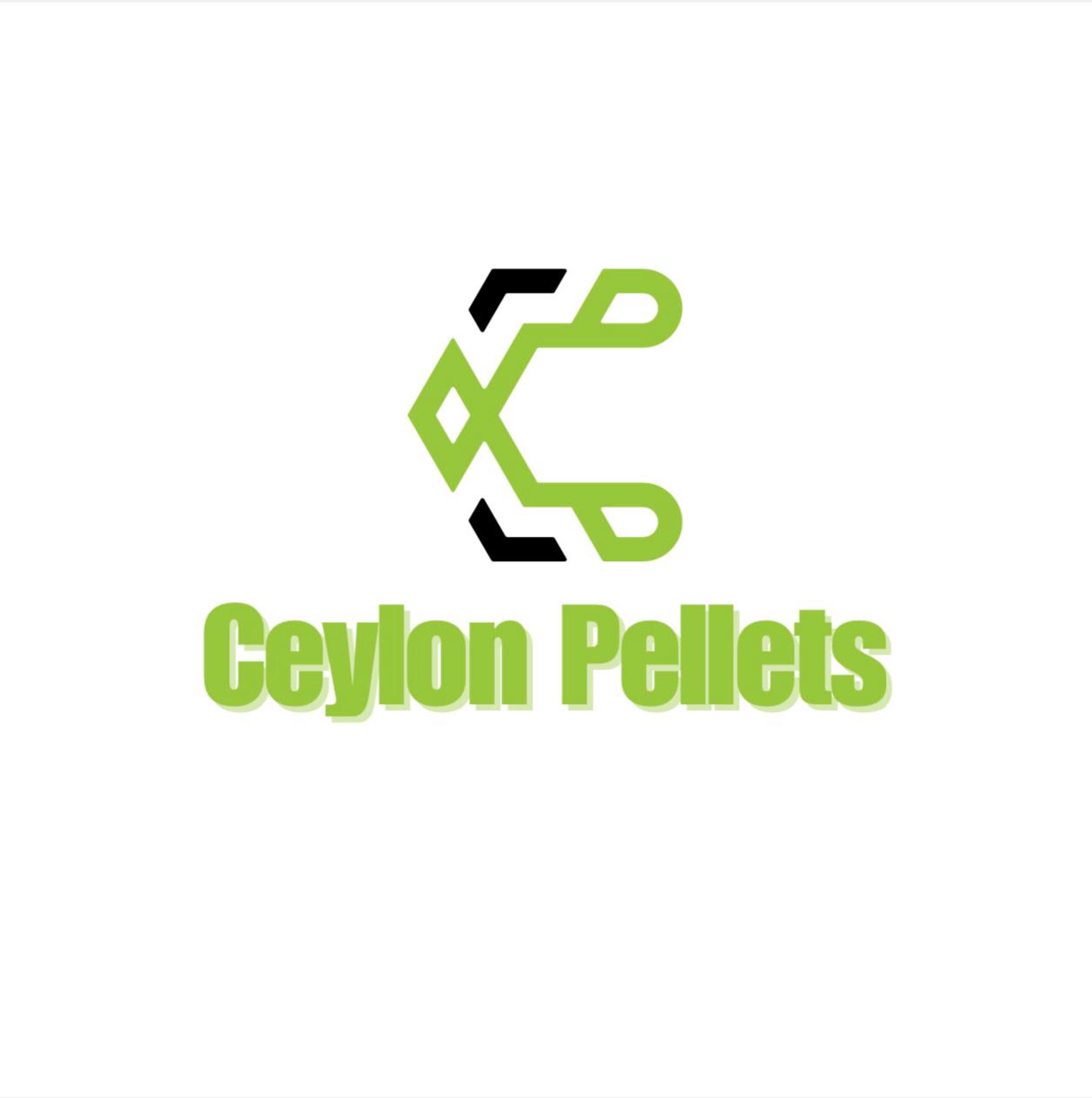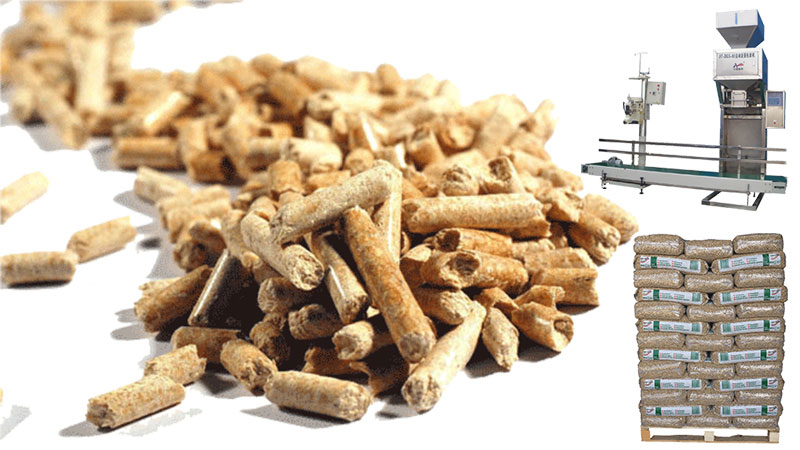Introduction: In our pursuit of sustainability, Ceylon Husk Rice Pellets emerge as not just a practical solution but also a boon for nature. These pellets, derived from the outer husk of rice, not only alleviate waste management issues but also bring about a range of ecological benefits, fostering harmony between human activities and the environment.
Preserving Biodiversity through Waste Reduction: The production of Ceylon Husk Rice Pellets directly addresses the issue of agricultural waste. Traditionally, rice husk was considered a byproduct and often burned, contributing to air pollution. By transforming this waste into valuable pellets, we minimize the environmental impact, preserving biodiversity and protecting ecosystems from the harmful effects of indiscriminate waste disposal.
Mitigating Air Pollution: Burning agricultural residues, including rice husk, is a common practice in many regions. This method not only releases harmful pollutants into the air but also contributes to respiratory issues and climate change. Ceylon Husk Rice Pellets offer a cleaner and more sustainable alternative, reducing air pollution and creating a healthier environment for both humans and wildlife.
Carbon Sequestration and Climate Stabilization: Choosing Ceylon Husk Rice Pellets over conventional waste disposal methods has a positive impact on carbon sequestration. The process of transforming rice husk into pellets captures carbon that would otherwise be released into the atmosphere through burning or decomposition. This carbon sequestration aids in climate stabilization, mitigating the effects of global warming.
Enhancing Soil Health and Ecosystem Resilience: When used as a soil amendment, Ceylon Husk Rice Pellets contribute to the enhancement of soil health. These pellets enrich the soil with organic matter, promoting microbial activity and improving overall soil structure. Healthy soils are fundamental to ecosystem resilience, supporting diverse plant life and providing habitats for various organisms.
Protecting Water Resources: The traditional disposal of rice husk often involves methods that can contaminate water sources. By diverting rice husk towards the production of Ceylon Husk Rice Pellets, we reduce the risk of water pollution. This shift not only protects aquatic ecosystems but also ensures the availability of clean water for both wildlife and human communities.
Conserving Forests and Natural Habitats: The demand for biomass as a fuel source has led to deforestation and habitat loss in various regions. Ceylon Husk Rice Pellets offer a sustainable alternative that reduces pressure on natural forests. By utilizing agricultural byproducts, we help conserve existing ecosystems, maintaining biodiversity and the delicate balance of nature.
Conclusion: Ceylon Husk Rice Pellets embody a holistic approach to sustainability, presenting a myriad of ecological benefits. From preserving biodiversity and mitigating air pollution to enhancing soil health and protecting water resources, these pellets contribute to a harmonious relationship between human activities and the environment. As we tread the path towards a more sustainable future, embracing Ceylon Husk Rice Pellets emerges as a conscious choice, nurturing nature and fostering a healthier planet for generations to come.

